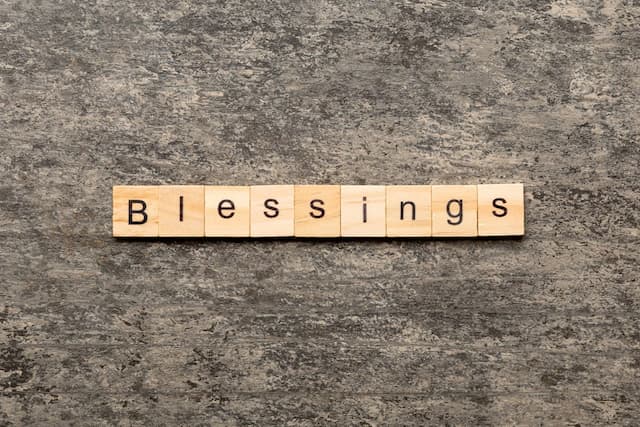Knowing the Difference Between Convicting and Condemning-

I am happy, not because you were made sorry, but because your sorrow led you to repentance. For you became sorrowful as God intended and so were not harmed in any way by us– 2nd Corinthians 7:9 NIV
We are a super judgy generation of people.
Take cancel culture.
It works like this:
Global canceling happens when someone gets caught doing something or saying something a group of people do not like. The group goes after the “bad person” and punishes them for their language, behavior or in some cases wrong thoughts about in issue. The person being cancelled is then publicly disgraced and shamed usually on social media. In the most extreme cases the person loses their job, reputation and social status. They essentially become an outcast or a social pariah.
A person is privately canceled when a friend or family member cuts them out of their life and gives them the silent treatment without explaining why they are giving them the silent treatment.
Sigh.
Purportedly, the whole purpose of cancelling someone is to get them to a place of conviction in their lives, where they acknowledge their sins and misdeeds so they can grow and become a better person. Anyone who has actually been cancelled (either in a global or a personal way) will tell you it feels like judgment with no trial, no opportunity to make a defense, no mercy whatsoever.
For the record.
I am not an advocate of cancelling. In my opinion, it is, perhaps the least healthy, least virtuous thing we do in this raging-dumpster-fire of a culture and that’s saying something. However, the nature and stated purpose of cancelling raises an important question for believers:
Is there a difference between condemnation and conviction?
It’s a question that needs answering.
Both are biblical concepts (Romans 5:16, 1st Thessalonians 1:5, 2nd Corinthians 7:10-11). However, the Bible teaches there is a difference between the two. It matters because our view of these issues has a massive impact on how we see God, work out our salvation and treat other people when they sin against us (Philippians 2:12, Luke 7:47, Luke 6:37, 2nd Corinthians 2:9-11).
So.
Condemnation can be defined as a decree or sentence of guilt. It is always accompanied by a sense we have failed completely and are unworthy of forgiveness.
Condemnation always leads to a sense of hopelessness because a condemned person really is without hope.
Conversely conviction, is something the New Testament calls “godly sorrow” (2nd Corinthians 7:10-11). Conviction is a little different. It’s more like a deep and heartfelt sense we have gone off the rails and missed the mark. It is always accompanied by a sense we need to correct our course in some way.
Conviction can be every bit as painful as condemnation. However, conviction is good because guilty feelings are good. Without a sense of guilt it is impossible to experience repentance and the spiritual restoration repentance brings.
Here’s the struggle:
Condemnation and conviction sound a lot alike and condemnation can look a lot like conviction and conviction can feel an awful lot like condemnation.
This is especially true if we’ve been up to no good in some area of our lives.
Because condemnation and conviction feel so similar, some Christians are inclined to write off any guilty feelings they experience as condemnation and therefore irrelevant (Romans 8:1). Ignoring a feeling of guilt is a profoundly bad idea because the Bible teaches ignoring our conscience is a spiritually dangerous thing to do (1st Corinthians 8:7-12). Ignoring feelings of guilt can lead to a hardening of the heart (Ephesians 4:18). Therefore, it is always best to pay attention to a guilty conscience. A sense we have done wrong in some way should drive us to seek the Holy Spirit so we can figure out if there’s something we need to deal with in our lives before sin takes root. Sin that has taken root in our lives always produces chaos and pain.
Condemnation is a tool the enemy uses to discourage us. Therefore, it is not uncommon to experience condemnation AFTER we have already confessed our sin to God and corrected course. Condemnation will sometimes come from an unexpected source like an off-handed comment from a friend. It can come from our own hypersensitive conscience. Condemnation never gives hope. Instead it leaves us with an overwhelming sense of despondency and hopelessness. Condemnation screams into our souls that God will never be happy with us again. Because condemnation offers no hope for forgiveness or change it almost always leads to more sin rather than less.
The whole point of spiritual conviction or godly sorrow is to facilitate change. Therefore, it is often accompanied by a feeling that we are guilty and have offended God. However, conviction also always comes with an understanding we can get things right. God never leaves us in the dark or wondering where stand with Him. Godly conviction never leaves us feeling hopeless, despondent or like we will never be good enough. The path to repentance and healing is sometimes difficult. Repentance always means making some sort of a change. It might mean breaking off a relationship, changing a behavior, apologizing, making restitution but the path to a pure conscience is always clear. Conviction (godly sorrow) always leads to repentance.
It is critical Christians understand God only condemns those who refuse to embrace Jesus as their Lord and Savior (Romans 8:1, Jude 1:4). It is equally important to understand guilt is good as long as we know what to do with it (Acts 3:19).
.





